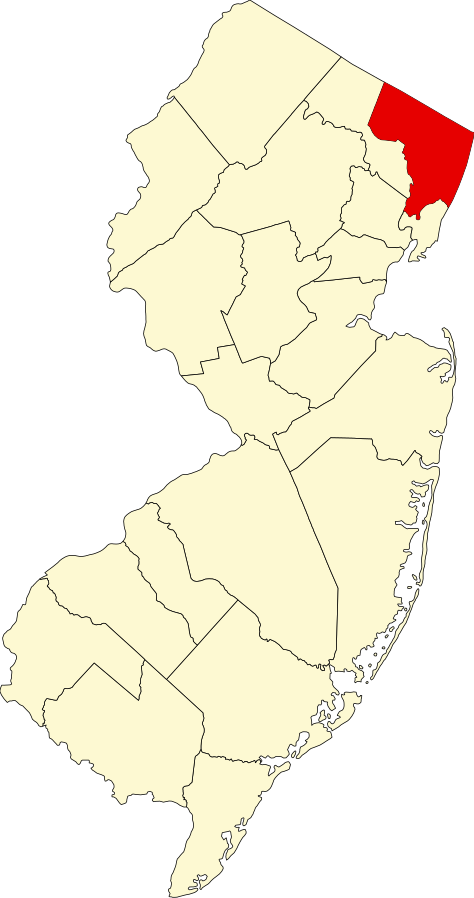New Jersey health officials are reporting a single confirmed measles case is a resident of Bergen County who presented with the disease following recent international travel.
This has prompted health officials to alert residents about potential exposure associated with a confirmed case of measles.
The New Jersey Department of Health (NJDOH) recommends that anyone who visited the following locations during the specified dates and times may have been exposed and should contact a health care provider immediately to discuss potential exposure and risk of developing the illness.
Location: Englewood Hospital Emergency Department, 350 Engle Street, Englewood, NJ 07631; Date & Time: February 9, 2025, between 11:30 AM and 5:30 PM
Those who may have been exposed or who suspect illness should call their health care provider first before arriving at any facility so that necessary infection prevention precautions can be taken to protect other patients and staff.
Potentially exposed individuals, if infected, could develop symptoms as late as March 6, 2025. As of February 14, no additional associated cases have been identified.
Measles symptoms include a high fever, cough, runny nose, watery red eyes, and a rash that usually appears between three and five days after symptoms begin. The rash usually begins as flat red spots that appear on the face at the hairline and spread downward to the neck, torso, arms, legs, and feet. Measles can also cause serious complications, such as pneumonia and encephalitis (swelling of the brain), and can lead to miscarriage in pregnant women, premature birth, or a low-birth-weight baby.
The virus spreads easily through the air when someone coughs or sneezes and can remain in the air for up to two hours after an infected person leaves the area. People can also get sick when they come in contact with mucus or saliva from an infected person.
Related news:
Measles outbreak declared in Lea County, New Mexico
Measles: West Texas outbreak doubles
Individuals at risk include those who have not been fully vaccinated or have not had measles in the past.
NJDOH encourages all residents to stay up to date on routine vaccinations and especially recommends that New Jersey residents planning to travel, regardless of destination, are up to date on MMR shots. MMR vaccine, administered in two doses, is safe and the most effective way to protect against measles, mumps, and rubella. The vaccine is also effective at preventing complications caused by these highly contagious diseases.






Quick! Notify RFK! He’ll know what to do!
Here is a different pov.
https://torrancestephensphd.substack.com/p/the-two-sides-of-criminal-illegal